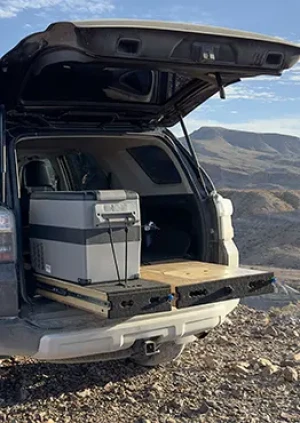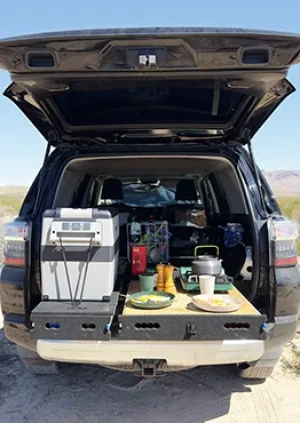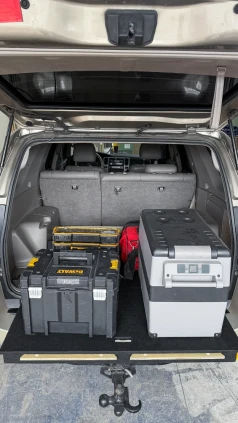Sustainable Camping: Explore Without Harming Nature
More and more travelers today seek to explore the world responsibly, ensuring they leave nature untouched, even on vacation. Eco-friendly camping is not just a trendy hobby but a real contribution to environmental conservation.
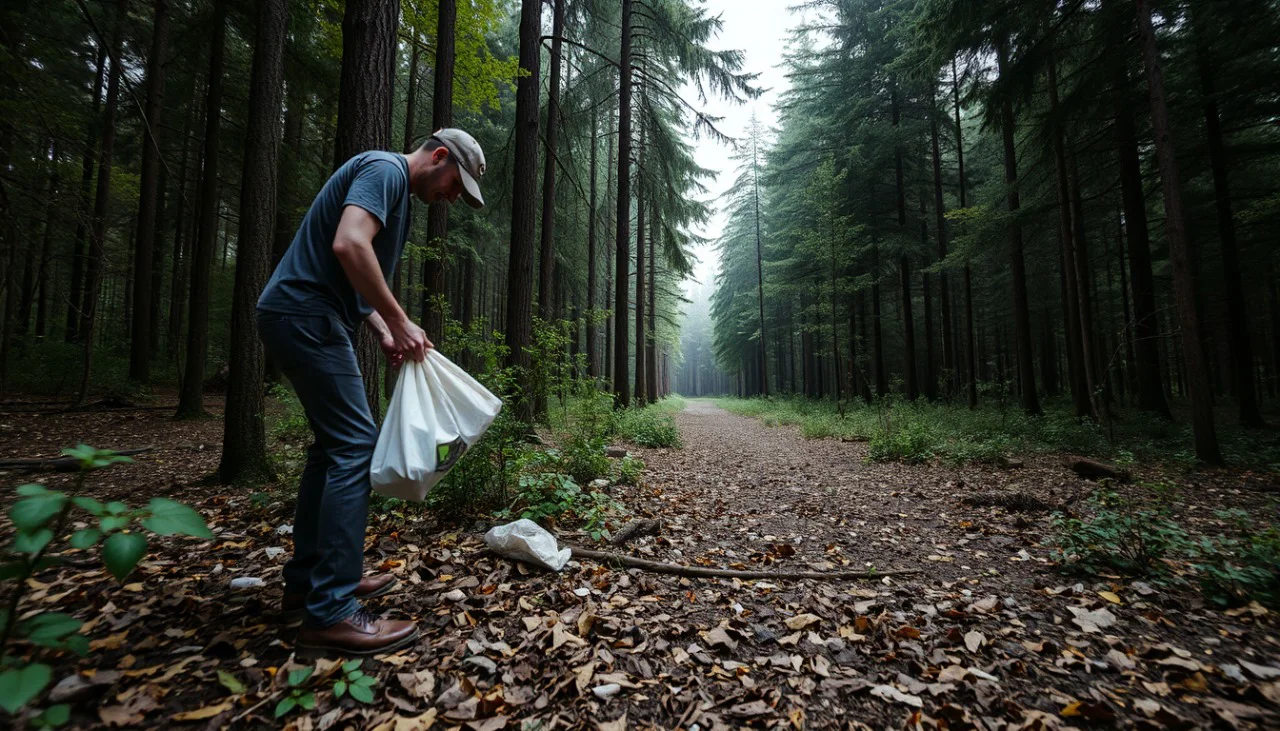
The Principle of Zero Impact: A New Level of Environmental Care
The zero-impact principle ensures that nature remains untouched after your visit. This means not leaving trash, damaging plants, polluting water, or creating unnecessary noise. It is also important to use water wisely and opt for eco-friendly alternatives. For example, instead of plastic bottles, you can use a reusable water filter. Modern compact filters allow you to safely drink water from natural sources without harming your health or the environment.

To make organizing your car easier, you can use a system with 3 drawers, which helps efficiently store necessary items, minimizing clutter and unnecessary packaging.
Eco-Friendly Gear: Investing in Nature
The choice of camping gear also matters. There are many products on the market that combine comfort with environmental responsibility. For instance, bamboo tableware or sleeping bags made from recycled materials. If you love outdoor adventures, consider the 4Runner camping system, which adds comfort while promoting sustainability. Switching from single-use items is a key step. Try replacing plastic bags with reusable food pouches, and use biodegradable packaging for waste. Reusable silicone containers cut waste and keep food fresh for longer. Instead of plastic furniture, choose compact foldable chairs and tables made from wood, aluminum, or recycled materials, which are not only more durable but also generate less waste.
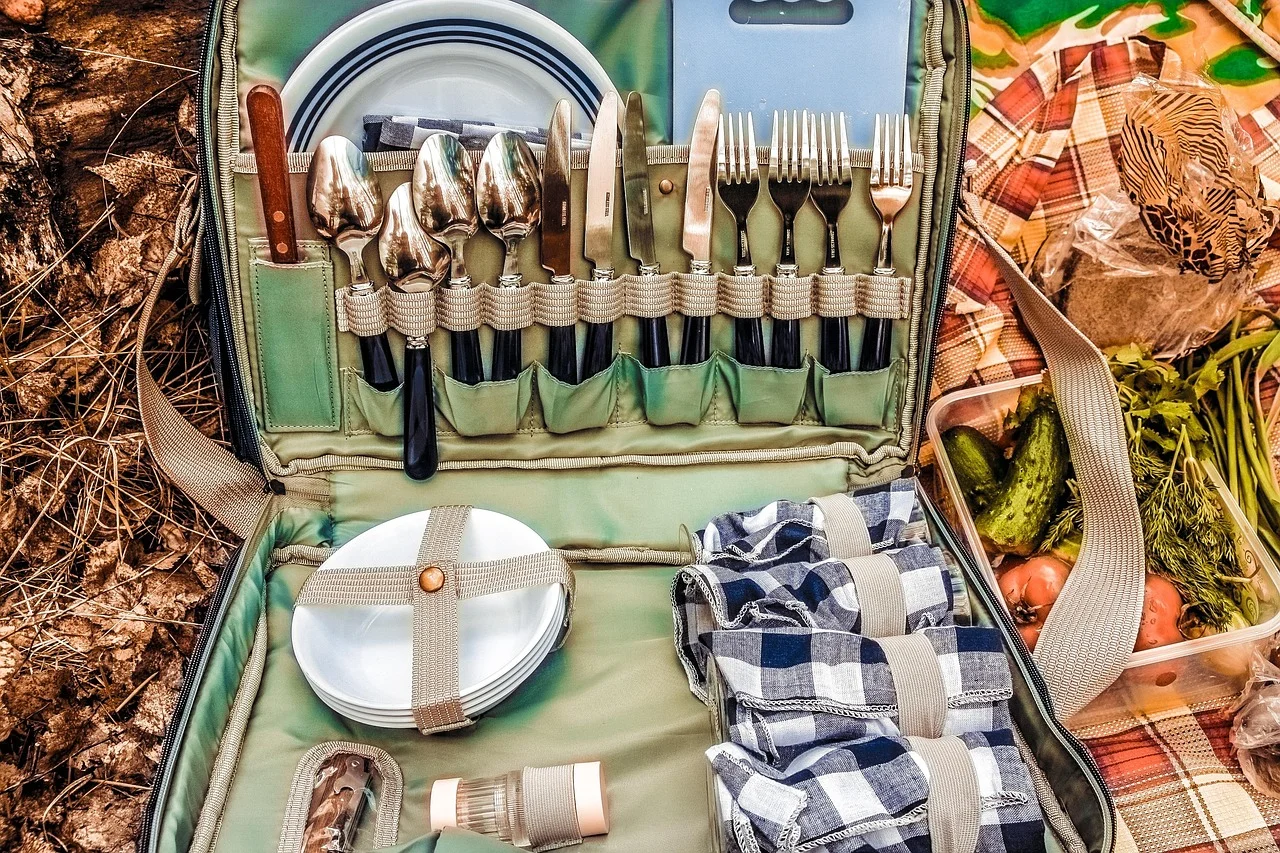
Zero-Waste Camp Cooking: How to Cook Eco-Friendly
To minimize waste, it is important to plan your menu in advance. Buy products without packaging, purchase grains and dried fruits in bulk, and use reusable containers. This approach will enhance your camping experience, allowing you to enjoy nature without unnecessary pollution.
You can also prepare homemade energy bars or dry mixes for soups and porridges in advance. They not only reduce packaging waste but also require minimal cooking, saving fuel and reducing emissions while cooking. Additionally, choose long-lasting products such as freeze-dried mixes and canned vegetables. They are convenient to store and require little packaging.
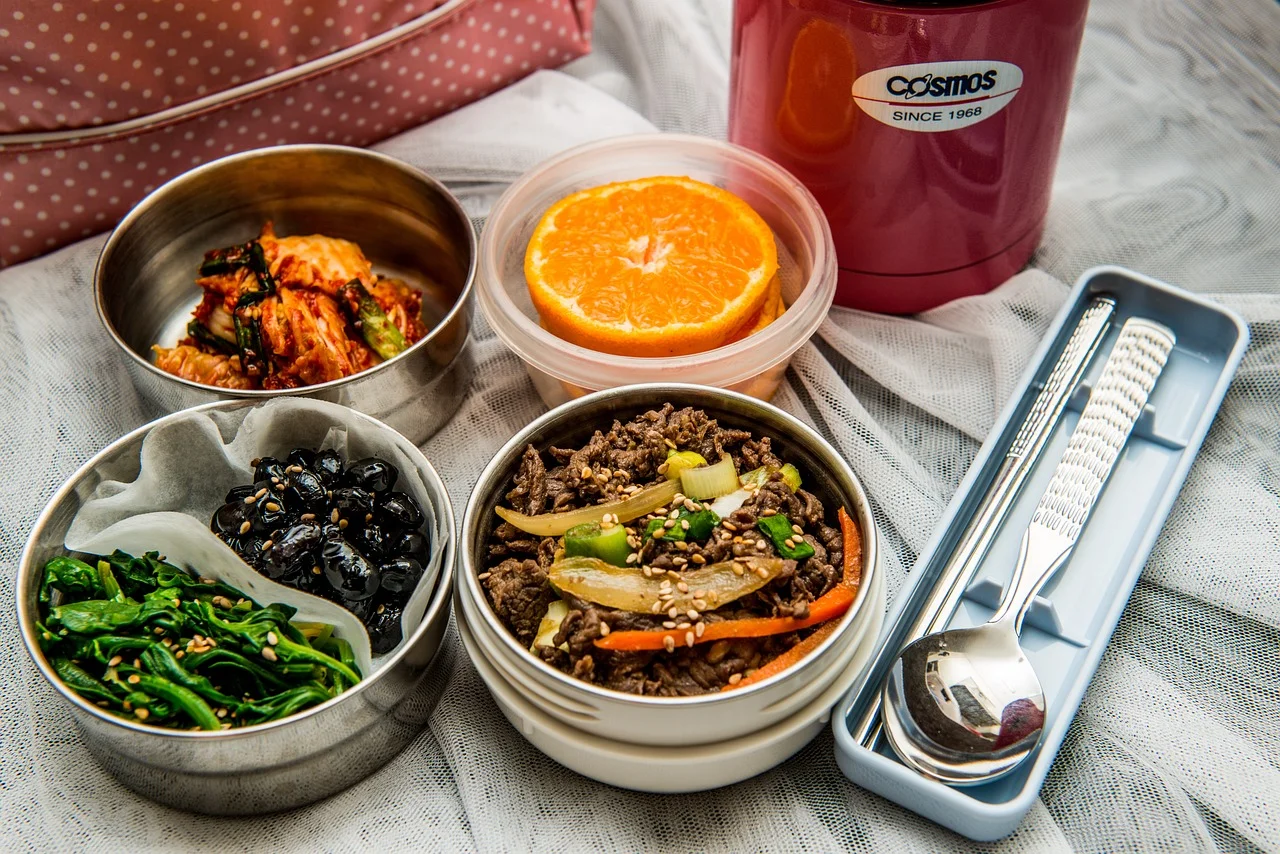
How to Pack Your Luggage to Reduce Your Carbon Footprint?
The car is a convenient way to travel, but it is important to remember that how you load your car affects not only comfort but also environmental impact. Use an organizer for your things to pack everything compactly and avoid clutter. This will reduce the number of plastic bags and single-use packaging, which often become a source of trash. An organized bag helps prevent unnecessary purchases, cutting down on packaging waste. In this case, a camping system with drawers will help effectively organize space in your car and make your journey more sustainable.

Eco-friendly camping is not just a trend but a way to preserve nature for future generations. Use reusable items, minimize waste, choose eco-friendly gear, and think wisely about your choice of transportation. Even small steps in this direction will help make the world cleaner and better.






